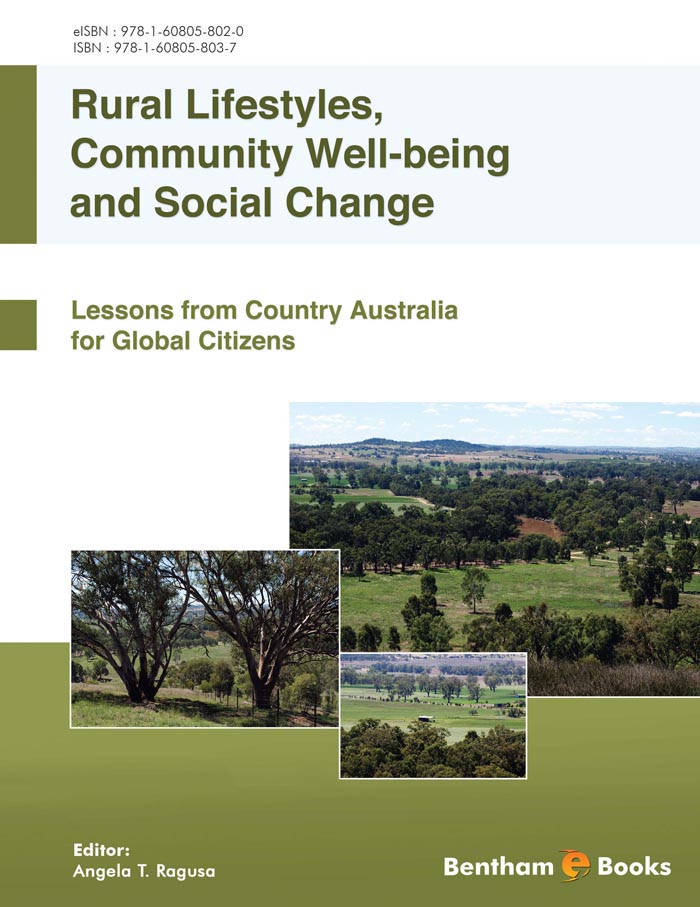Introduction
In our increasingly global world, individuals are highly mobile and interconnected. Politics, policies and technologies foster interconnection amongst and within countries as individuals relocate from one place to another. One key issue facing developed and developing countries is urban overcrowding. In Australia, urban density is one factor prompting institutions and individuals to embrace ‘rural revival’ as a possible solution to urban congestion and rural decline. In the past decade, rural Australia has received heightened publicity and interest as a lifestyle destination encouraged by national decentralization policies to alleviate urban overcrowding, particularly the metropolises Melbourne and Sydney, regional councils’ marketing initiatives and international refugee relocation.
Rural communities struggle in contrast with urban counterparts for several, often complex, reasons. The ‘realities’ of rural life are frequently marginalized while marketing campaigns evoke stereotypical imagery of idyllic lifestyles and bucolic pastures to sell dreams of country bliss to fatigued urbanites.
This edited e-book is a collection of articles that explores ‘rural realities’ of country life in Australia for global audiences interested in rurality, health and well-being. By transcending disciplinary-specific boundaries, this multi-disciplinary book not only presents contemporary challenges, but also equips readers with evidence-based knowledge to improve resilience in communities and individuals facing key issues such as aging, depression, disability, environmental degradation, limited service delivery and social isolation. Utilizing a variety of social science research methods, each chapter will enhance readers’ insights about rural amenities, geography, identity, culture, health and governance which impact wellbeing and lifestyle satisfaction. Collectively, this book exposes readers to ideas from a dynamic range of experts in the humanities, social and natural sciences to encourage a holistic approach to developing solutions for a complex social world.
The content of this volume will interest a wide audience of graduates and undergraduates, researchers, professional practitioners and policymakers involved with non-profit and government organizations, and interested community members.

